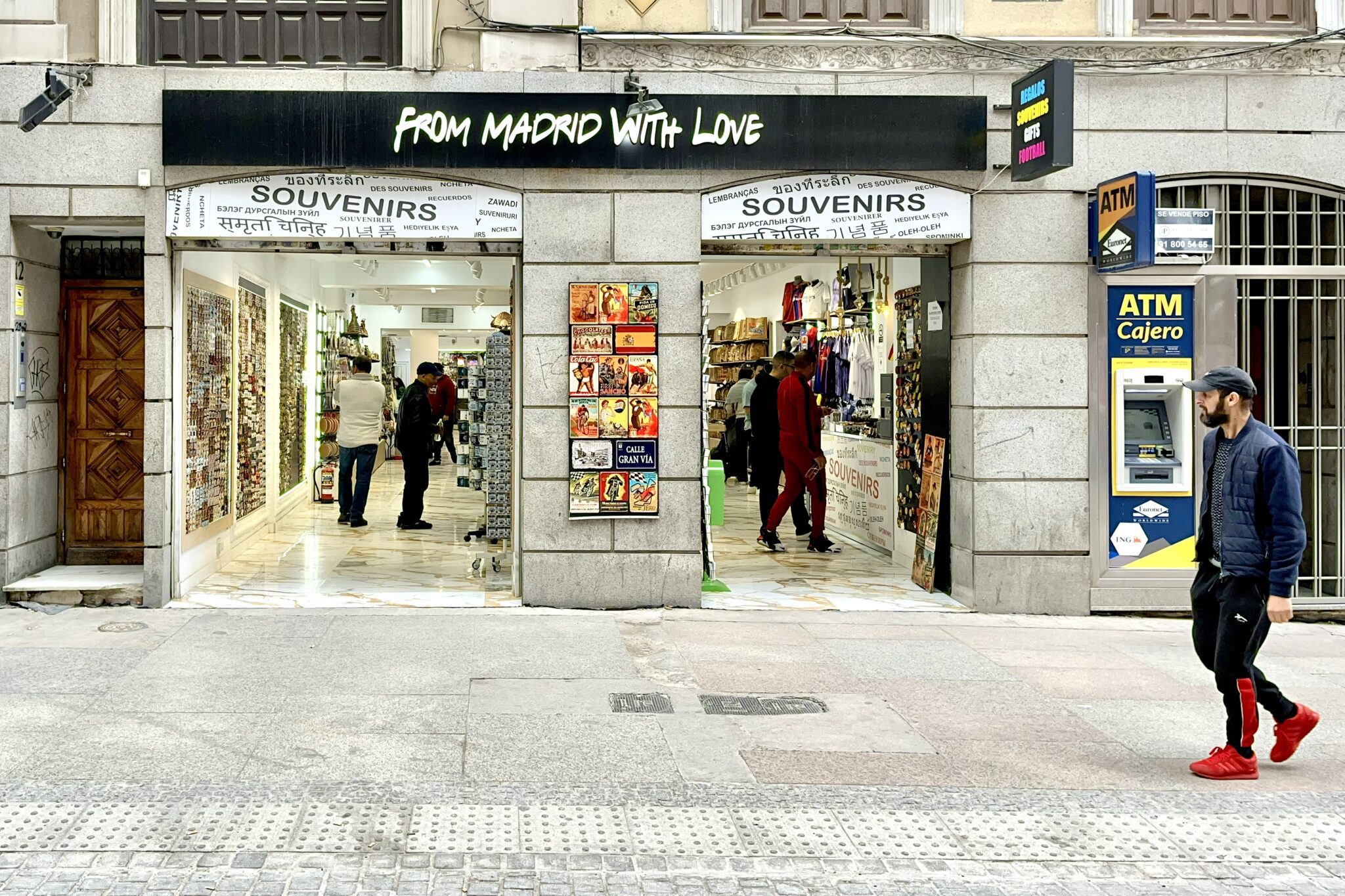Skift Take
Today’s edition of Skift’s daily podcast looks at those travel trinkets gathering dust, pop culture tours and trips, and remote work’s impact on hotels.

Skift Daily Briefing Podcast
Listen to the day’s top travel stories in under four minutes every weekday.
Good morning from Skift. It’s Friday, March 31. Here’s what you need to know about the business of travel today.
Listen Now
🎧 Subscribe
Apple Podcasts | Spotify | Overcast | Google Podcasts
Episode Notes
Remote work has grown exponentially in recent years, and speakers at the recent Skift Future of Lodging Forum in London believe it’s becoming further embedded in the hospitality industry, reports Corporate Travel Editor Matthew Parsons in this week’s Future of Work briefing.
Parsons cited Airbnb as one company getting a boost from the rise in remote work. Global Head of Hosting Catherine Powell attributed its 60 percent jump in bookings from pre-Covid levels in part to the flexibility remote work provides travelers. In addition, Tamara Lohan, CEO of luxury booking service Mr & Mrs. Smith, said even upscale properties are aware of the importance of remote work. Lohan mentioned room designs that can make it easier for guests to do work.
Next, many travelers consider souvenirs an important part of their trips, but largely don’t use those mementos after returning home. Global Tourism Reporter Dawit Habtemariam explores why souvenirs are often forgotten as well as innovations that could help communities dependent on selling them.
Habtemariam reports that souvenirs are destination marketing products to potential visitors, with roughly two-thirds of them being given to either relatives or friends. Many residents of popular tourist destinations have established businesses around souvenirs, enabling them to support themselves and preserve their cultures. However, International Inbound Travel Association chair Peter van Berkel said travelers hardly use the souvenirs they buy. Habtemariam also notes that unused souvenirs can damage the environment, especially those that come in plastic.
As one travel executive said meaningful souvenirs are more likely to be used after their purchase, Habtemariam writes improvements in delivery speed and costs could help diversify souvenirs countries are famous for. He adds that the most popular souvenirs are easy to carry on planes, especially since large items possibly meaningful to travelers are often difficult to bring home.
Finally, popular TV shows and movies are not only driving more travelers to visit certain destinations, they’re also inspiring travel brands to create pop culture-centered trips amid the growing desire for experience-based travel, writes Travel Experiences Reporter Selene Brophy.
Brophy cites luxury travel company Black Tomato as one brand working to further leverage the power of the silver screen to boost bookings. It’s entered into a partnership with the production company behind the iconic series of James Bond films. Brophy notes a Bond-inspired itinerary includes action stunt lessons with actor Daniel Craig’s stunt double.
Black Tomato co-founder Tom Marchant said sales of its TV and movie-themed trips have grown 170 percent over the past five years. The company launched a series called Set Jetting in 2016 that features TV-inspired itineraries.
The Daily Newsletter
Our daily coverage of the global travel industry. Written by editors and analysts from across Skift’s brands.
Have a confidential tip for Skift? Get in touch
Tags: experiences, experiential travel, future of lodging, hotels, movies, skift future of lodging forum, skift podcast
Photo credit: Exterior of a souvenir shop in a pedestrian zone in Madrid, Spain. Skift
